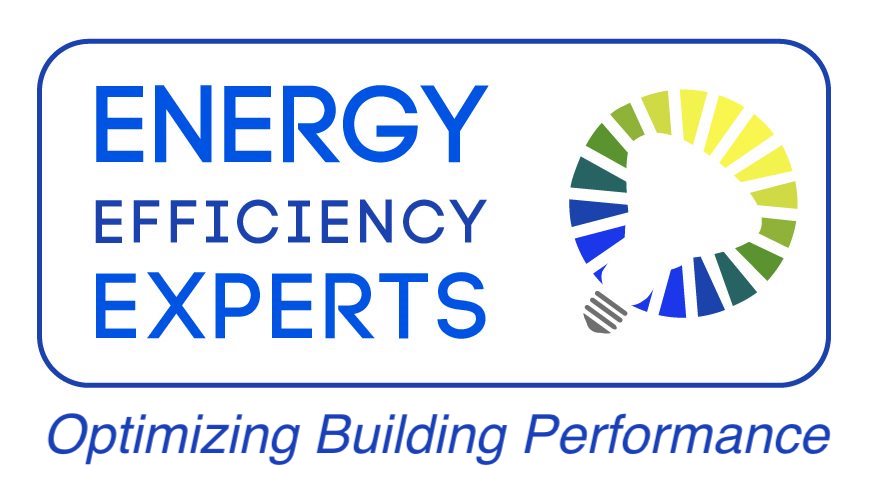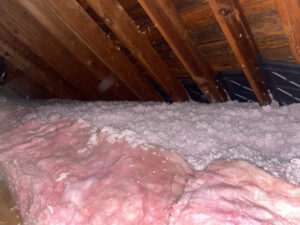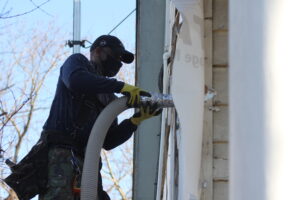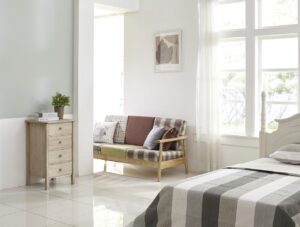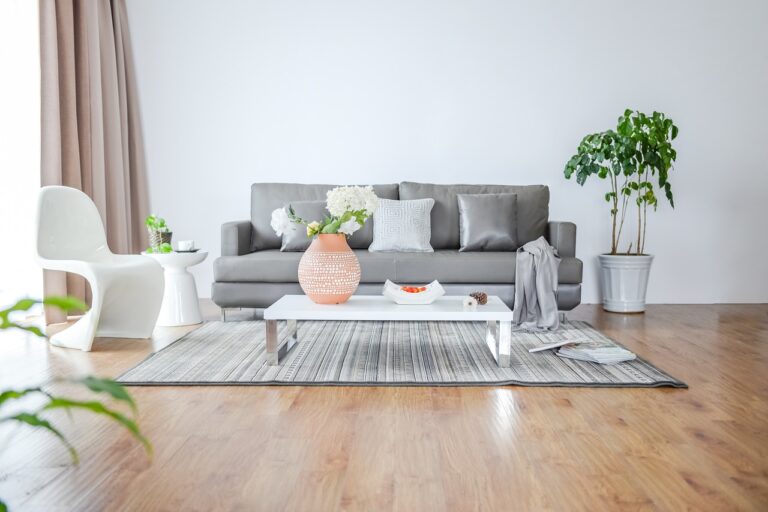
Maintaining proper indoor humidity levels is a crucial—but often overlooked—part of creating a comfortable and energy-efficient home. In Silver Spring, MD, where summers are humid and winters can be dry, striking the right balance can lead to significant energy savings and improved indoor air quality. At Energy Efficiency Experts, we help homeowners across Silver Spring and the greater Washington, DC area understand how humidity control supports both comfort and cost-effective energy use.
Why Indoor Humidity Matters
Ideal indoor humidity levels should range between 30% and 50%. When humidity is too high, your air conditioning system must work harder to cool the space, using more energy. On the flip side, when humidity is too low, it can cause dry skin, respiratory irritation, and even impact wood furnishings and flooring.
Proper humidity management helps:
-
- Reduce strain on HVAC systems
-
- Prevent mold and mildew growth
-
- Improve indoor air quality
-
- Enhance year-round comfort
For homes in the Washington, DC metro area, including Silver Spring, controlling humidity can translate directly to energy saving benefits.
How Humidity Affects Energy Use
High humidity makes indoor air feel warmer than it actually is. As a result, homeowners often lower the thermostat, causing HVAC systems to run longer and consume more energy. Dehumidifiers, energy recovery ventilators (ERVs), and smart HVAC systems can help maintain ideal humidity levels while reducing unnecessary energy use.
This approach aligns with our broader home energy audit services, which assess every factor affecting your home’s efficiency. Learn more about what’s included in a comprehensive home energy audit.
Practical Solutions for Managing Humidity
Some of the most effective strategies for managing humidity while saving energy include:
-
- Sealing air leaks around windows, doors, and ductwork to prevent moisture infiltration
-
- Upgrading insulation to minimize temperature swings and reduce condensation
-
- Installing whole-house dehumidifiers to maintain a stable indoor climate
-
- Using ventilation systems in kitchens and bathrooms to control localized moisture
Want to know how your home measures up? Our blower door testing service can help you identify and correct sources of energy loss related to humidity.
Local Climate Considerations
Silver Spring residents face a humid subtropical climate, which makes controlling indoor moisture a year-round concern. In summer months, moisture from the air seeps into basements and crawl spaces, while in winter, heating systems dry out the air, often excessively. Balancing this requires tailored solutions—and a partner who understands both the climate and the latest energy-saving technologies.
For additional resources on indoor humidity and health, check out the EPA’s guide to indoor air quality.
Ready to make your Silver Spring home more comfortable and energy-efficient?
Contact us today to schedule your energy consultation or home energy audit. Let’s find the right solution for your space and budget
